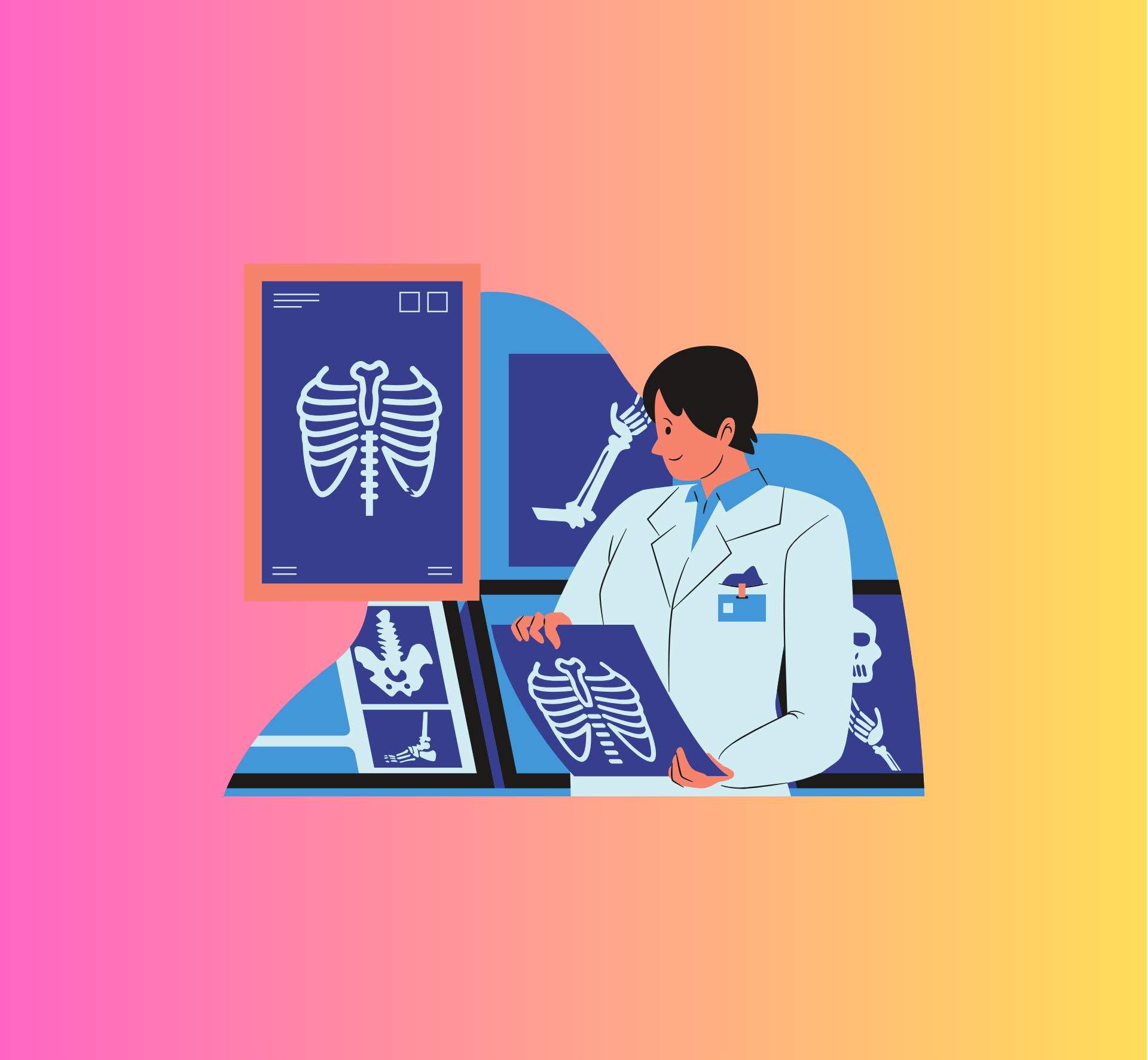Radiologists are medical doctors who specialize in diagnosing and treating diseases and injuries using medical imaging techniques such as X-rays, computed tomography (CT), magnetic resonance imaging (MRI), nuclear medicine, positron emission tomography (PET), and ultrasound.
Unlike other medical specialists who often have direct patient interaction, radiologists primarily work behind the scenes analyzing images and providing crucial information to the referring physician.
They play a critical role in health care, providing key insights that influence the course of patient treatment.
In Denver, as in other locations, radiologists often collaborate with a multitude of other medical specialists, further emphasizing their integral role in the medical field.








